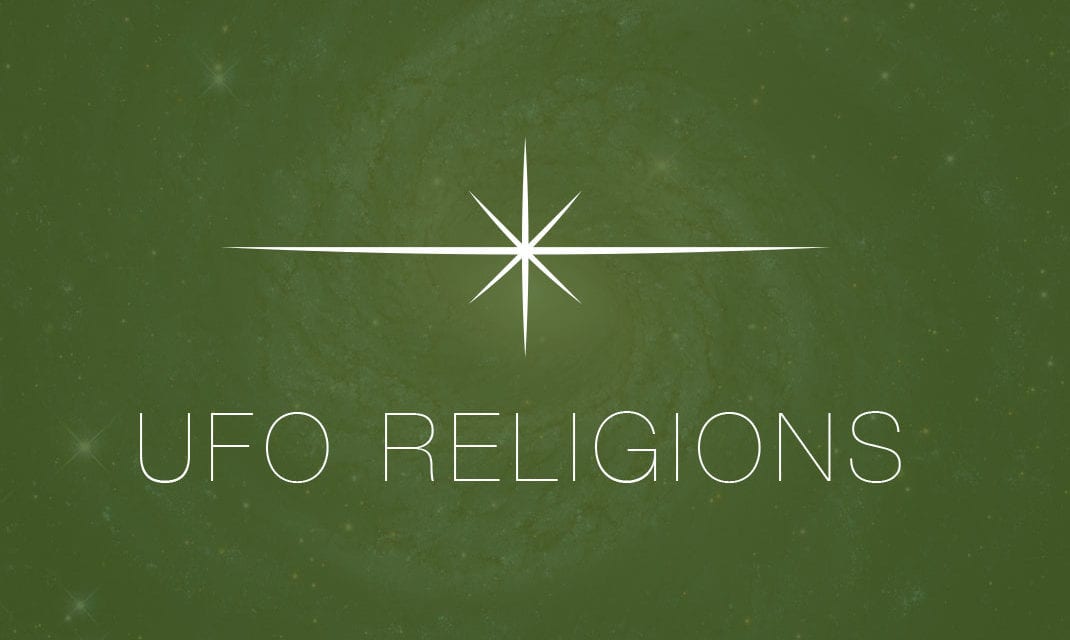That’s the question raised by Billy Cox of the Sarasota (FL) Herald Tribune at his blog. His piece is in response to a recent update by Leslie Kean on the Chilean government’s UFO panel. Here’s the lead:
Would official science be more inclined to study UFOs if there were compelling evidence the phenomena impacted air-traffic safety? That issue was implicitly raised recently in Leslie Kean’s update on the Chilean government’s latest pronouncement on UFOs.
Good question.
In case you’re wondering, “UAP” is a relatively new replacement for “UFO” – it means Unidentified Aerial Phenomena.






Is it truly a good question? Or just rhetorical?
In the recent Godzilla reboot, there is a scene of an EMP knocking several Air Force jets out of the air. Watching this, I wondered: given the long association between UFOs and electrical interference, why do airborne alien craft routinely fail to shut down airborne earth craft? Why is it that the UFO literature instead features (non-flying) cars and wristwatches getting knocked out?
agreed – our models seem to have that bad effect!
Pretty much since the cold war, aircraft, especially military aircraft, have been designed with EMC (electo-magnetic compatability) features. Even with the relatively low probability of a EMP attack aircraft still get exposed to solar flares, upper atmosphere phenominae, high intensity microwaves, lightning and a host of similar electromagnetic hazards. Basic radiation and EMP shielding is a standard practice in both military and general aviation engineering.
Says the Army guy who asked this question of a crew cheif and got a much more terse reply.
What always confused me with the UFO literature was why anaolog watches (read: wind up) suffered bizzare effects.
– J
Nice info about EMC, Jesse. Real science applied to UFOs reports! Always good.
Barney and Betty Hill famously reported stopped watches after their experience. In Interrupted Journey, John Fuller lists them under item 7 of his “nearly irrefutable points.” However, Fuller never mentions if they are battery or windup watches; considering the era, I assume they are windup.
But I am not a science guy, I’m text-focused. Reviewing the Hill literature, I noticed something odd about these watches: they are what I call “missing” evidence. Some points:
1) During their entire sighting, not once do the Hills get the time from their watches. The only moment they check their watches on the road, it is just Betty, who claimed (under hypnosis) it was too dark to see the watch face anyway. The only reported time we have from their trip — of them leaving Colebrook at 10:05 PM — is also testimony from hypnotic, not conscious, recall. (Curiously, the method of recall is noted explicitly in Incident at Exeter but not in Interrupted Journey. Hmmm!)
2) No investigator ever independently verified the damage to the watches. Walter Webb, in his 1961 and 1965 reports, makes no mention whatsoever of watches, saying only there were “no electromagnetic disturbances.” The watches are not reported as busted until five years later, in the pages of Interrupted Journey. And in that book, the Hills merely tell the reader the watches were stopped — no witnesses are ever mentioned by them, Fuller asks no one about the watches. Interestingly, Fuller seems to have got the UFO/electromagnetic-interference bug while researching his previous book, Incident at Exeter, published about six months before Interrupted Journey. (A coincidence, I’m sure!)
3) While under hypnosis, Betty does report using her wristwatch to explain time to the aliens but doesn’t mention either: a) the TIME on the watch! or b) that the watch had stopped running, even though she’s inside the watch-busting spaceship itself. (Surely, some UFO buff has noticed this last discrepancy and explained it adequately, and I have simply failed to find this article so far.)
“Nearly irrefutable” evidence!
nice job here – and I liked the “missing” pun, too.
Would official science be more inclined to study UFOs if there were compelling evidence the phenomena impacted air-traffic safety?
I would expect it would be a little more inclined. I’m reminded that the epidemiologists of social stress are a small group, though social stress seriously affects the health of a large proportion of the population (see the link behind my name for details). Similarly, in the UFO/UAP field we might have had a small number of established researchers.
That’s just what first came to my mind, rather than a strongly held view. What I’ve spent longer time thinking of is the phraseology UFO, UAP, and what might be a better alternative. To cut a long story short, my proposal is… unexplored intelligences 🙂